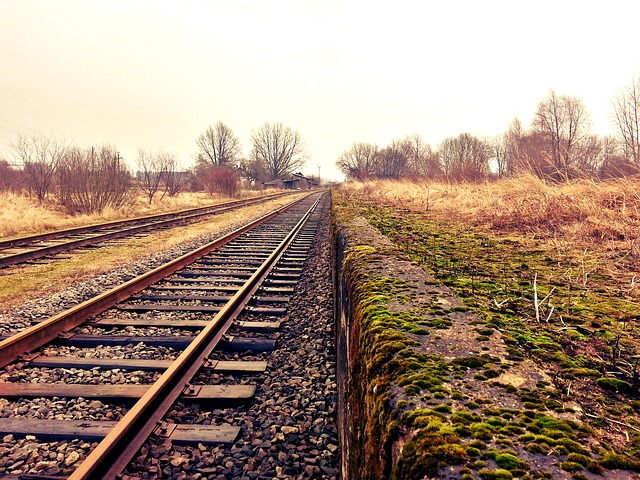Infrastructure.
What a pompous word!
I am a huge fan of infrastructure investing. Still, when I see some pension consultant or product salesperson droning on about the correlation factor of infrastructure assets and the durable cash flows produced by permanent infrastructure, I suddenly feel the need for a nap.
So I can only imagine how the average investor feels when hearing all about the wonderful infrastructure opportunities presented by this and such fund or offering.
And yet, the opportunities here are amazing, especially now…

To put it in real terms, infrastructure is everything that makes life comfortable and, in many cases, possible.
Of course, we are talking about companies that provide electricity that power the world.
Life would be a lot shorter and more brutish without electricity.
It is the lights that allow us to stay up after dark. It is medical equipment that keeps patients alive in hospitals. It is the computers that run the world today. It is the companies that deliver water to our homes.
Life does not exist without water. Our not-so-distant ancestors had to lug the stuff back home from the nearest river or creek; today, we just turn on a tap.
Infrastructure is the highways and byways we use to get from one place to another. It is the backbone of the digital world, including things like data centers and cell towers. The universities where our best and brightest learn and (hopefully) cover the point spread on an autumn afternoon. The farms that feed us.
Infrastructure is also the roads, bridges, railroads, and airports needed to get food from the farm to the house or your new iPhone from the port (itself infrastructure) to your back pocket.
Phone lines. Oil and gas pipelines. Fiber optic cable. Cable TV lines. Solar panels. Airports and seaports.
Anything that makes life possible and enjoyable is infrastructure. And the companies that make life possible and enjoyable tend to have steady cash flows, regardless of the economic cycle or what the markets do. (The same can be said for the companies that build, fix, repair, and replace all the things that make life possible and enjoyable.) These companies can also usually raise prices to match the inflation rate.
The one drawback to infrastructure is that we take it for granted. We delay needed repairs and updates. We drag our feet when it comes to doing repairs until a small project becomes a massive one.
Here in the United States, infrastructure is badly out of date and needs repair. The electric grid can barely handle our current energy needs, never mind the extra strain electric vehicles and renewable energy will place upon it in the years ahead.
Hundreds of bridges in the United States are considered unsafe, but thousands of cars pass over them daily. Our rail lines need repair and replacement. Water systems in many major cities have needed a major overhaul for over a decade.
Everyone is always looking for the next big thing. But consider this: the people who develop the next big thing will get or work using roads, trains, or a combination of the two.
At home and work, they will use electricity and water. Odds are they graduated from a college or university. If they got sick, they went to a hospital.
Their homes are cooled and heated with electricity or natural gas that passes through wires and pipes. All their belongings came in by plane or ship and were trucked to the final location.
At every step of the journey that led to the next big thing, they used infrastructure and paid fees and taxes to do so. So did all their competitors who failed to produce the next big thing, costing their investors millions of dollars.
Why gamble on which company will be the winner of the next big thing competition when you can invest in the stuff that makes life comfortable and better? The same things provided the energy and resources needed to create the next big thing.
It is possible to invest in the things that make everything possible and easier and have some of those taxes and fees paid by both the winners and losers and bystanders, stick to your fingers, and build your bank account.
You can try to figure out who will win out of everyone working on the next big thing, or you can collect fees from the winners, the losers, and everyone else every day and grow your wealth steadily.
One has a slight chance of making you money.
The other is as close to a guarantee of building wealth as the world can offer us.





